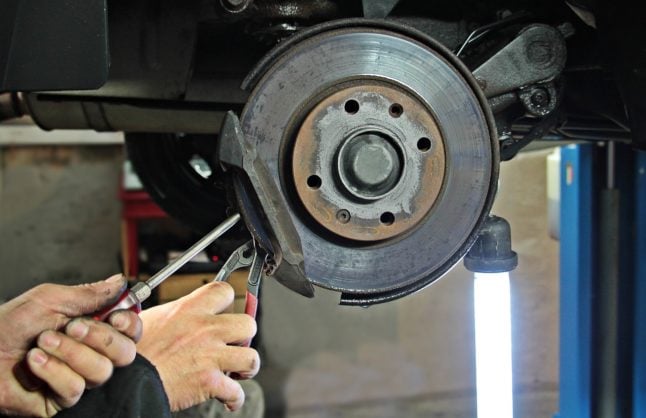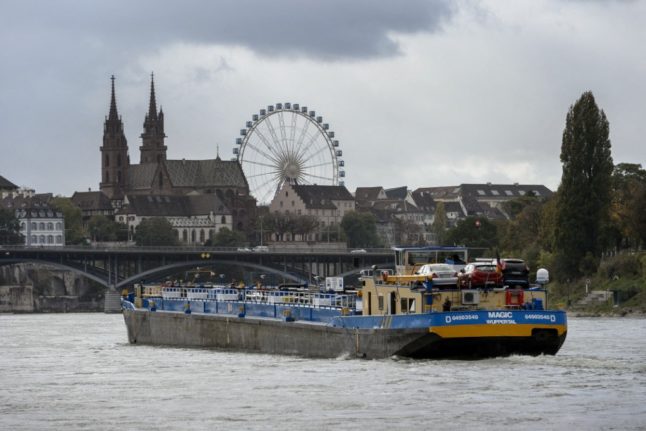There is certainly no shortage of garages or auto mechanics in this country, who are ready and willing to work on your car.
In all, there are 16,232 garages across Switzerland, most of them located in the Zurich area, with Bern in the second place.
However, regardless of where in Switzerland you happen to live, chances are there is a car mechanic in your area.
That’s a good thing, of course, but a mechanic — no matter how skilled — may not be able to do all the repairs you need.
Garages versus dealerships
A lot depends on what exactly ails your vehicle.
If you need regular maintenance or service — which usually includes checking the brakes, suspension, steering, exhaust, oil, fluids, and lights, as well as performing an overall safety check — then any reputable garage can do the job.
Also, if you have been involved in an accident and need body work (on your car, not yourself), then a garage that has a bodywork shop will be a good fit.
Can you have your car repaired or serviced at a different garage from the one where you bought it?
According to Comparis consumer platform, “you are free to choose any garage. Minor repairs in particular, such as changing a windscreen wiper or buffing out a scratch, can basically be done anywhere.”
The only exception would be if your auto insurance excludes free choice of garage. and you must use only ones that your provider works with.
(This is as good a time as any to remind you that car insurance is obligatory in Switzerland).
READ ALSO: Everything you need to know about car insurance in Switzerland
However, there are times when you should not take your vehicle to just any garage, opting instead for the authorised dealer of your car’s brand, or its partner garages — especially when the car is still under the manufacturer’s warranty.
Why is this important?
“Our partners undergo specialised training provided by the importer and hold licenses as mandated by the manufacturer,” Lucas Alvarez, a spokesperson for Hyundai Switzerland, told The Local.
“This meticulous preparation ensures that any warranty-related work can only be executed by these authorised partners,” he added.
This is valid for all manufacturers, regardless of the brand.
If you are not sure where these manufacturer-approved garages are in your area, go on the manufacturer’s Swiss website and contact their customer support team.
How long do these repairs take?
They could take a while, and not only because this is Switzerland.
The timeframe depends on what needs to be done, but prepare to be patient.
The pandemic had disrupted production cycles, with manufacturers having cut back orders for spare parts. There are also fewer automotive parts from Ukraine-based suppliers.
“It is unfortunately still the case that electronic parts require a certain delivery time and are also partly on backorder, so it may well be that it takes several months to receive certain parts,” Alvarez said. “Like most car manufacturers, we are dependent on the respective suppliers.



 Please whitelist us to continue reading.
Please whitelist us to continue reading.
Member comments